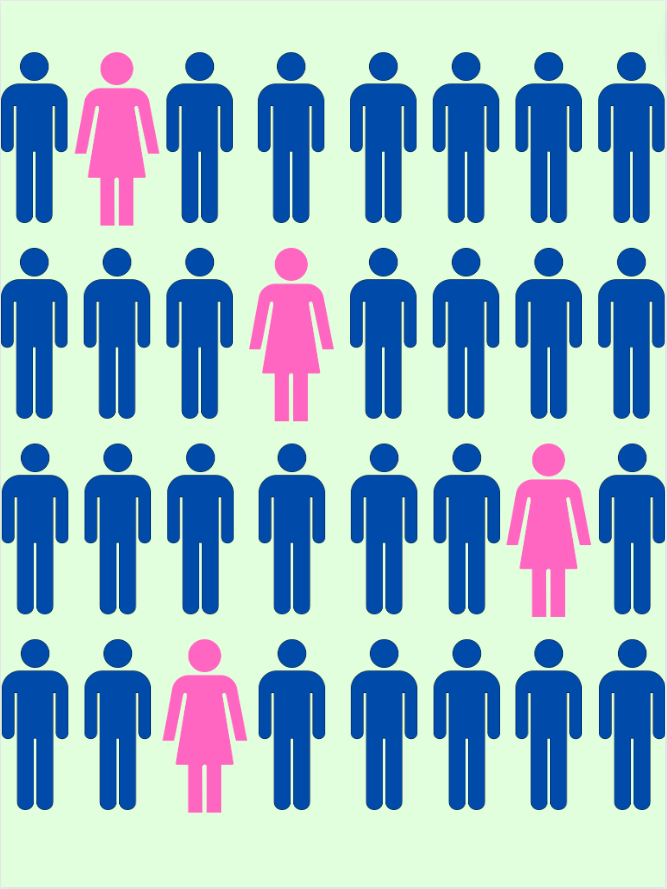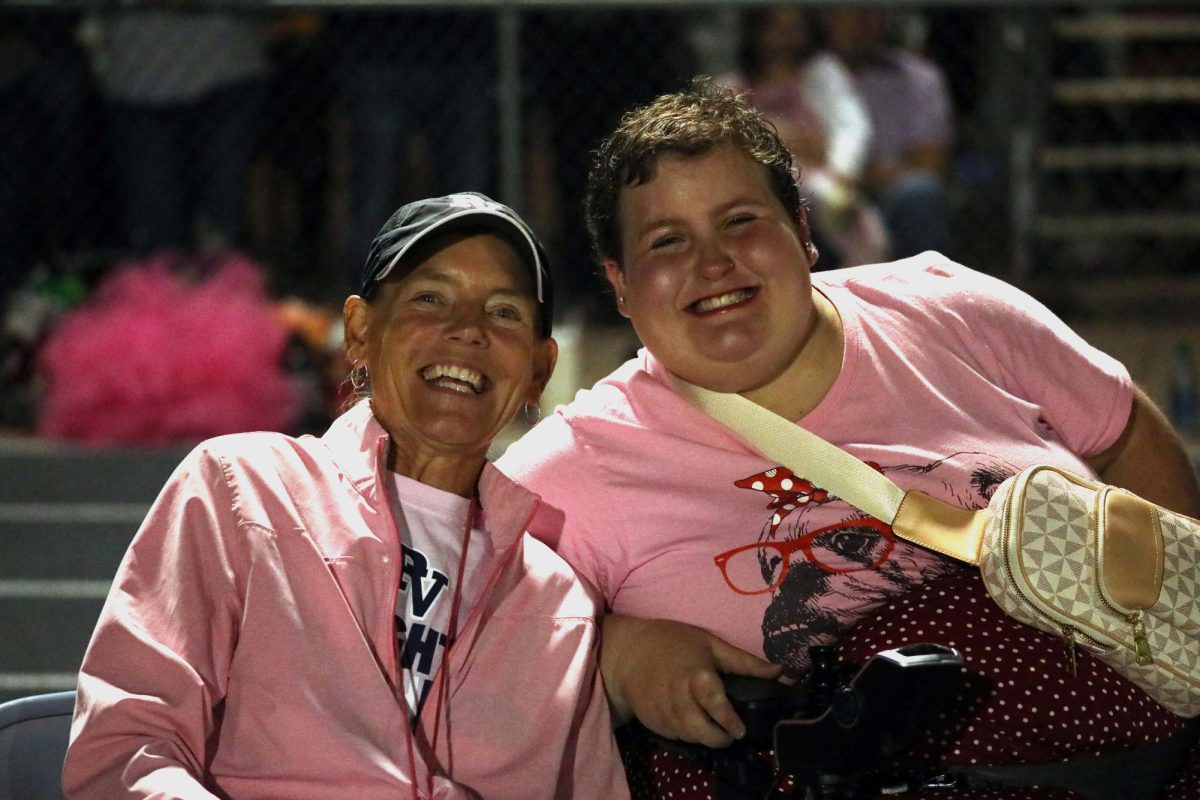For years, women— the fundamental foundation of America’s school system— have been disproportionately underrepresented in leadership roles. High school education continues to be one of the areas where women make up the bulk of the workforce, yet the highest positions are predominately held by men.
The school system parallels the idea of a ‘traditional family,’ where women raise, teach and spend time with the children, while the men oversee the home. Those gender roles are not as prevalent in American society today.
But the disparity in the school system is nearly as prominent as it was 100 years ago.
Lack of gender diversity in school administration is not abnormal, with gender bias existing in almost every professional path. The wage gap, lack of maternity leave and preconceived notions about women’s emotions all serve as barriers preventing women from achieving leadership positions and advancing within their careers.
Men make up 67.3% of high school principals and 76% of school superintendents. Most administrators have a background in teaching, with some school districts even requiring teaching experience. But if 72 percent of all educators are women, what prevents women from achieving the highest positions in the field?
“I think there are so many reasons that make it harder for women to gain leadership roles. expressed senior Katy Babcock. “Perhaps the biggest one is the double standards men face. Typical leadership characteristics are often revered in men, but condemned in women.”
In a survey done by the Pew Research Center, women are ranked higher than men in areas related to being honest, intelligent, outgoing and creative. Yet in questions regarding flaws of being emotionally charged and manipulative, women receive heavy criticism.
“I’ve commonly heard the phrase that ‘men are bosses, but women are bossy.’ Being repeatedly criticized for something men are rewarded for is incredibly disgusting,” Babcock stated.

(Prerna Vanga)
Despite the leadership traits so many women possess, society still believes men are more suitable in high positions, with over one in five saying that men are more fit to be leaders.
And some states have significantly more disparity than others, with Iowa ranking among the worst in having a 7-to-1 ratio of male to female superintendents.
Yet, Pleasant Valley has broken those stereotypes with Athletic Director D’anne Kroemer, Director of Student Services Jill Kenyon and most recently, the new Director of Secondary Education, Bernadette Brustkern.
“To be transparent, I’ve been very fortunate with the two school districts I have worked with,” Brustkern said. Pleasant Valley serves as an example and catalyst of a school administration that accurately reflects the students attending it.
Achieving a diverse administration is not a challenge in today’s society. In the US, there is no shortage of qualified women, and obtaining the certification and the requirements to apply for school administration does not serve as a barrier to women’s access to leadership positions.
After all, women are more likely to attain any college degree, master’s degree or PhDs, and the percentage is increasing each year.
“In terms of coursework, getting into the graduate programs and completing all of that, it’s very even across the board. I think some of the difference between the ratio of men and women in leadership positions comes down to societal norms, and maybe some of the stereotypes that come with genders,” Brustkern explained.
The archaic work-family balance placed on women’s shoulders, requires women to feel the pressure of an around-the-clock job, while also taking care of their children. This age-old stereotype prevents women from believing they can achieve success in their careers.
While society cannot be fixed in a short amount of time, it is possible to work around societal barriers.
“It’s absolutely doable to carry out your wants and your dreams, in terms of your personal and family life, and your professional life, but sometimes you have to work hard to balance between the two of them. But it’s absolutely doable to be a mom and be a professional in leadership. Yes, you can do it all,” Brustkern expressed.
Women can feel that having a family, as well as a leadership role, could lead to a possible strenuous lifestyle, deterring them from applying to higher positions. The absence of female leadership can turn into a domino effect. Without seeing women in positions of power, other female teachers and students are discouraged from pursuing those paths. Women need female leaders to inspire them to take on leadership positions and serve as role models for young students.
Female leaders like Brustkern inspire young women who are seeking to achieve success in an androcentric society. Young people count on their educational institutions to hire administrators who represent the students.
And Pleasant Valley did not disappoint.









